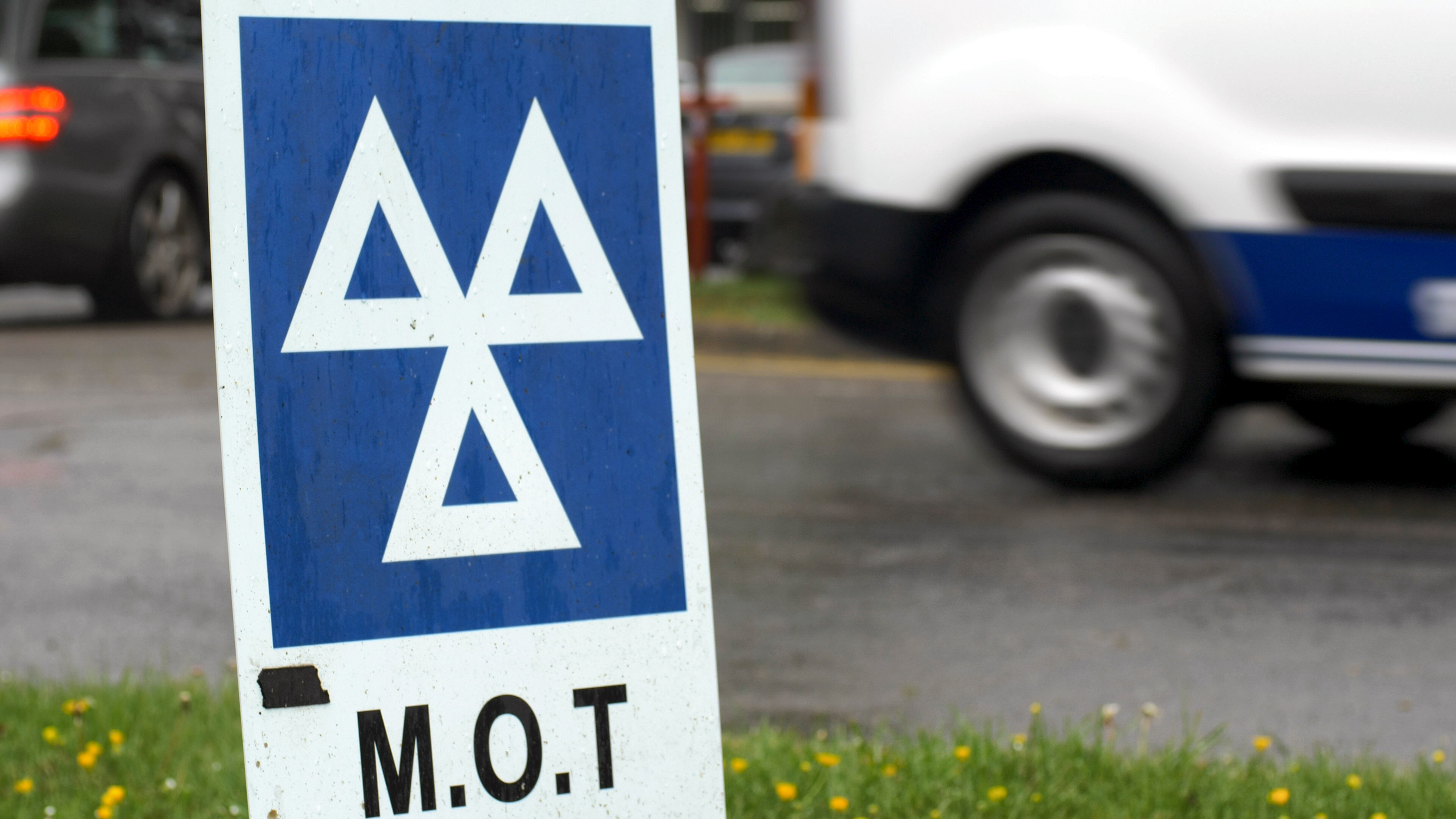A CAR expert has urged drivers to make one simple check to avoid failing their MOT test.
Checking this one thing ahead of the test will reduce the likelihood of failing your annual DVSA check, according to the expert.
Daniel Meeghan, UK Country Manager of car diagnostic scanner Carly, has warned road users to always check their advisories in the weeks leading up to an MOT test.
These are problems that mechanics identified on the last MOT test but the condition wasn’t bad enough to fail the check.
In the cost of living crisis, it is easy for motorists to push these to one side.
However, 12 months on the damage is likely to have worsened with the minor issues from before now coming back to bite drivers in the form of a hefty bill.
Daniel said: “On previous MOT tests you have had, there may be notes under the advisory section.
“This is usually anything that didn’t quite stop your car from passing last time but might have been close to.
“If you haven’t done anything about these issues since your last MOT, it is likely that they may come up as an issue on your next MOT.
“I would always advise that these advisory recommendations are taken into account and resolved ahead of the following MOT.”
Drivers who ignore their advisory notes for too long risk having major car problems in the future, according to Halfords.
Fixter, an online vehicle repair service, has revealed 8.5million motorists are reusing to repair their cars because of the cost of living crisis.
Unsolved problems can also massively impact a vehicle’s potential resale value.
Halfords added: “Failing to fix problems could put off potential buyers, so it’s safer and better to get them sorted as soon as possible.”
March is one of the busiest times of the year for MOT testers, according to experts at Carly.
This month also sees a high volume of new cars entering the market because of the launch of fresh registrations.
It comes after an experienced mechanic revealed the “stupidest” reason for drivers failing their MOT tests.
And drivers could only need to get MOTs for their cars every two years – rather than annually – under new proposals.
Full MOT checklist
THIS is the one-stop cheklist that will make sure you are prepared to pass your next MOT.
Tyres and wheels – Look out for damage to the sidewall of your tyres and make sure they’re sufficiently inflated.
Use the 20p coin test to make sure your tyres have the right tread depth, which should be 1.6mm all the way around across the central three-quarters of the tread pattern.
The outer edge of a 20p coin will be completely obscured if the tread is deep enough.
Also, be careful space-saver spare tyres could catch you out in the test, so replace them with standard tyres of the right type and size that fit properly before the test.
Lights – Check all of the car’s lights are working properly and are the right colour to pass an MOT test.
Have someone walk around the car and make sure they don’t flicker when tapped which could mean they need tightening or replacing.
This includes headlamps, parking lights, reversing lights, indicators, registration plate bulbs and, on more recent vehicles, daytime running lights.
Wipers and windscreen – Replace wipers that smear because they are probably worn out and top up the washer bottle.
Check your headlight washers if you have any.
Make sure there are no chips or cracks longer than 1cm on your windscreen and remove any stickers that could obstruct your view.
Number plates – Registration plates legally have to be in good condition, tightly fastened to the car and easily read from 20 metres away, so checking these is a must if you want to pass your MOT test.
Doors – Fix any broken doors or ones that don’t stay properly closed.
Front doors need to be openable from inside and out for safety reasons.
General condition – Make sure the exterior of your car is up to scratch.
Any sharp edges or pieces of metal sticking out could cause a danger to other road users and will definitely fail the MOT test.
Inside a car – Your dashboard will pop up with flashing warning lights if anything needs to be fixed under the bonnet like power-steering or brake-fluid warnings.
Make sure you have a fully functioning speedometer or you will fail the MOT test










